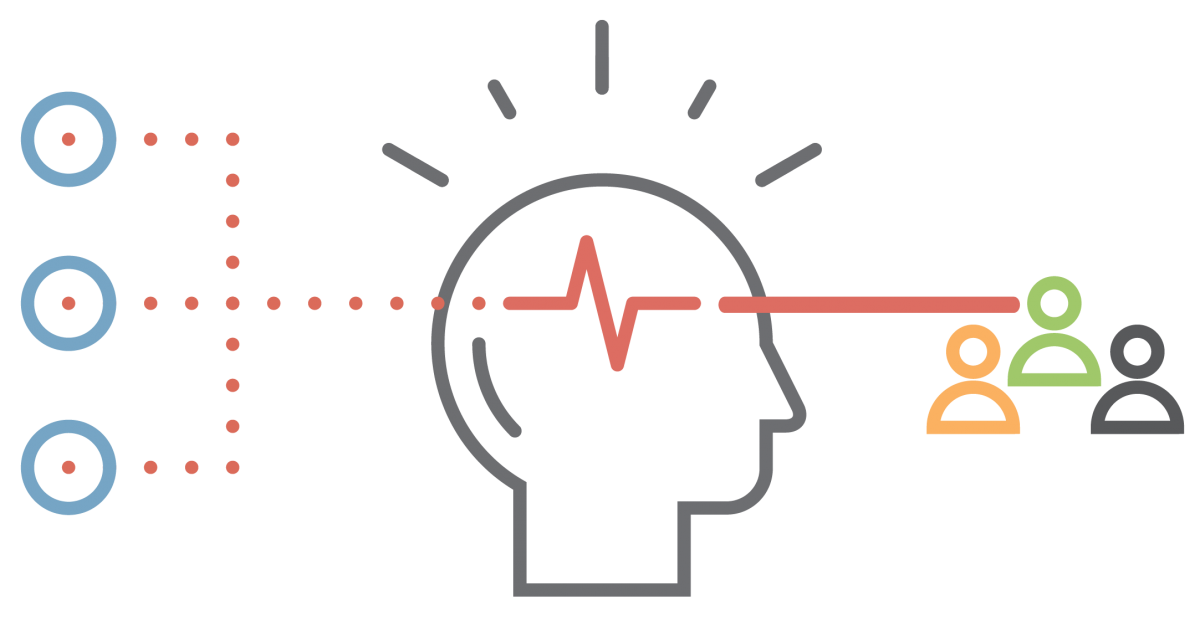
I
f there is a through line in the esteemed legal career of Angelic Young (LAW ’01), it is perspective. From her decade at the State Department to her current role as director of training for law enforcement for the Anti-Defamation League (ADL), Young has sought to broaden the perspective of those responsible for crafting and carrying out law enforcement and social justice policy both around the world and at home.
It was Young’s own desire for a different point of view that attracted her to Chicago-Kent College of Law. “I didn’t know anything about the world beyond where I had grown up in the Pacific Northwest,” she says. “The opportunity to come to Chicago appealed to me because it would expose me to a whole new set of people, a new environment, and a new culture.”
Young’s trajectory changed, along with the nation’s, on September 11, 2001. It was only her second day at the United States Department of State’s Bureau of International Narcotics and Law Enforcement Affairs, her first job after law school.
“I was someone who didn’t know where Afghanistan was on a map in college,” she recalls, in a telephone interview from her office in Washington, D.C.
“
I saw a growing divide between law enforcement and vulnerable communities at home.”- Angelic Young
Six months of intense research propelled her into management of the bureau’s Afghanistan police program, a position she held for nearly six years.
“The work opened my mind to other ways of getting things done,” says Young, a recipient of the 2014 Chicago-Kent Honorable Abraham Lincoln Marovitz Public Interest Award. “Our way is not always the best way, so you try to understand and leverage the best local practices.”
That theme underscored her work at the Institute for Inclusive Security in Washington, D.C., where she developed national action plans that advance women’s inclusion in peace and security endeavors. From one-on-one talks with key players in Finland to roundtable sessions with 50 stakeholders in Jordan, Young incorporated a multitude of perspectives into the complex discussions that shaped each nation’s plan.
She had also worked domestically nearly every fall, teaching an International Policing and the Rule of Law course at George Mason University. But she redirected her focus squarely back home after the 2016 presidential election.
“I saw a growing divide between law enforcement and vulnerable communities at home,” she says. “I’ve seen what happens in other countries when there is a loss of trust in the police; it was worrisome to me.”
Upon joining the ADL in late 2017, Young launched her first nationwide training module, Managing Implicit Bias for Law Enforcement. “A lot of research went into the curriculum, ranging from breakdowns of how implicit bias functions to how gender and racial bias can play a role in law enforcement,” she says.
So far more than 2,600 police officers nationwide have completed the module.
“The training Angelic designs and leads provides law enforcement, from commanders to recruits, with the skills they need to treat each person fairly, with dignity and respect, as they serve their communities,” says Elise Jarvis Wilson, ADL’s director of law enforcement outreach and community security. “She is creative, brave, and bold, willing to take risks to challenge and push them to be the best officers they can be.”
For Young being back in a classroom, teaching facilitators to teach others, is where she feels at her best.
“This job gave me a chance to come home,” she says, “and do work that I love that is so important.”
